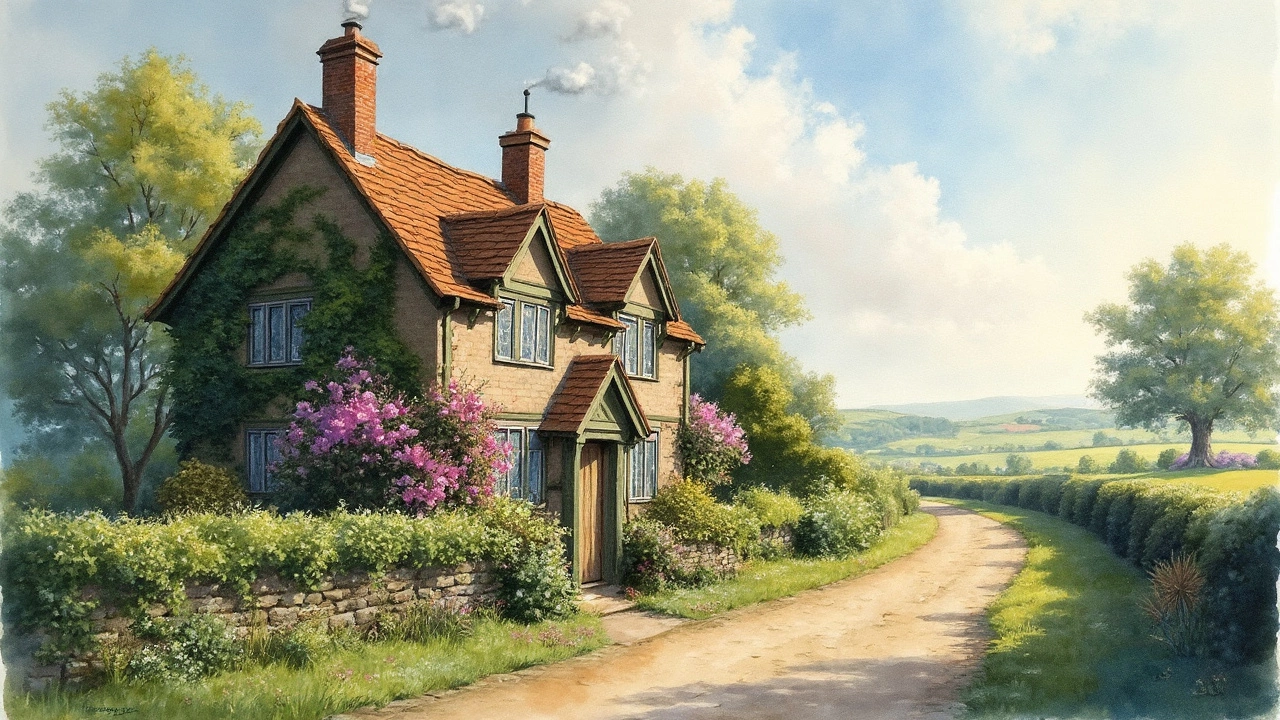Rural Cottage Guide: Find, Book, and Enjoy Your Countryside Escape
Thinking about swapping city noise for rolling hills and a cosy cottage garden? You’re in the right place. A rural cottage gives you space, charm, and that home‑away‑from‑home feeling without the hassle of a hotel. Below you’ll get the basics of what makes a cottage ‘rural’, where to look for the best ones, and a few smart tricks for getting the most out of your stay.
What Exactly Is a Rural Cottage?
A rural cottage is simply a small, often historic house located in a village or countryside area. It usually has a thatched roof, a garden, and a stone or brick exterior that blends into the landscape. Unlike city apartments, these properties sit on a plot of land, so you get privacy, fresh air, and sometimes even farm animals nearby.
Key features you’ll often find:
- Wooden beams or stone walls – adds character.
- Fireplace or wood‑burning stove – perfect for chilly evenings.
- Garden space – ideal for barbecues or a morning coffee.
- Proximity to walking trails, local pubs, and historic sites.
How to Find the Best Rural Cottage for Your Trip
Start with dedicated cottage sites – they let you filter by region, price, and amenities. Look for listings that mention "National Trust" or "holiday cottage" because they tend to be well‑maintained and follow local regulations.
Don’t ignore smaller platforms either. Some owners list directly on regional tourism pages or on social media groups for specific counties. When you see a cottage that feels right, check a few things before you book:
- Reviews: Read recent guest comments. They’re the fastest way to spot hidden issues like noisy neighbours or unreliable Wi‑Fi.
- Accessibility: Many rural cottages have steep driveways or uneven floors. Make sure the layout works for you, especially if you travel with kids or pets.
- Utilities: Confirm whether heating is electric, gas, or wood‑burning, and ask about extra costs for things like laundry or parking.
Tip: Book early in the shoulder seasons (late spring or early autumn). You’ll beat the crowds, enjoy milder weather, and often snag a lower rate.
If you’re looking to turn a cottage into a small income stream, the same sites that list holiday rentals also have sections on "cottage investment". The basic idea is simple: buy a property in a desirable area, rent it out short‑term during peak months, and keep it for personal use the rest of the year. Make sure you understand local licensing rules – some councils require a specific short‑term rental licence.
Lastly, remember the little things that make a stay truly relaxed. Pack a board game or a couple of books for rainy afternoons, bring a reusable water bottle, and ask the host for local produce or farmers‑market schedules. Those tiny details turn a simple cottage stay into a memorable countryside experience.
Ready to book? Grab a map, pick a region you love – whether it’s the Cotswolds, the Lake District, or the Scottish Highlands – and start scrolling. A rural cottage is more than a place to sleep; it’s a chance to slow down, breathe fresh air, and make a lasting memory.
What is a Rural Cottage? A Down-to-Earth Guide
Ever wondered what makes a rural cottage so special? This article peels back the layers of rural cottage living, from what defines these charming homes to why they're still a favorite for so many. Expect practical tips on finding, fixing up, and enjoying a rural cottage. Whether you dream of a weekend hideaway or want to escape city life for good, you'll find real insight here. Discover what sets rural cottages apart from other homes, and how to make one truly your own.
- Apr, 25 2025
- 0 Comments
